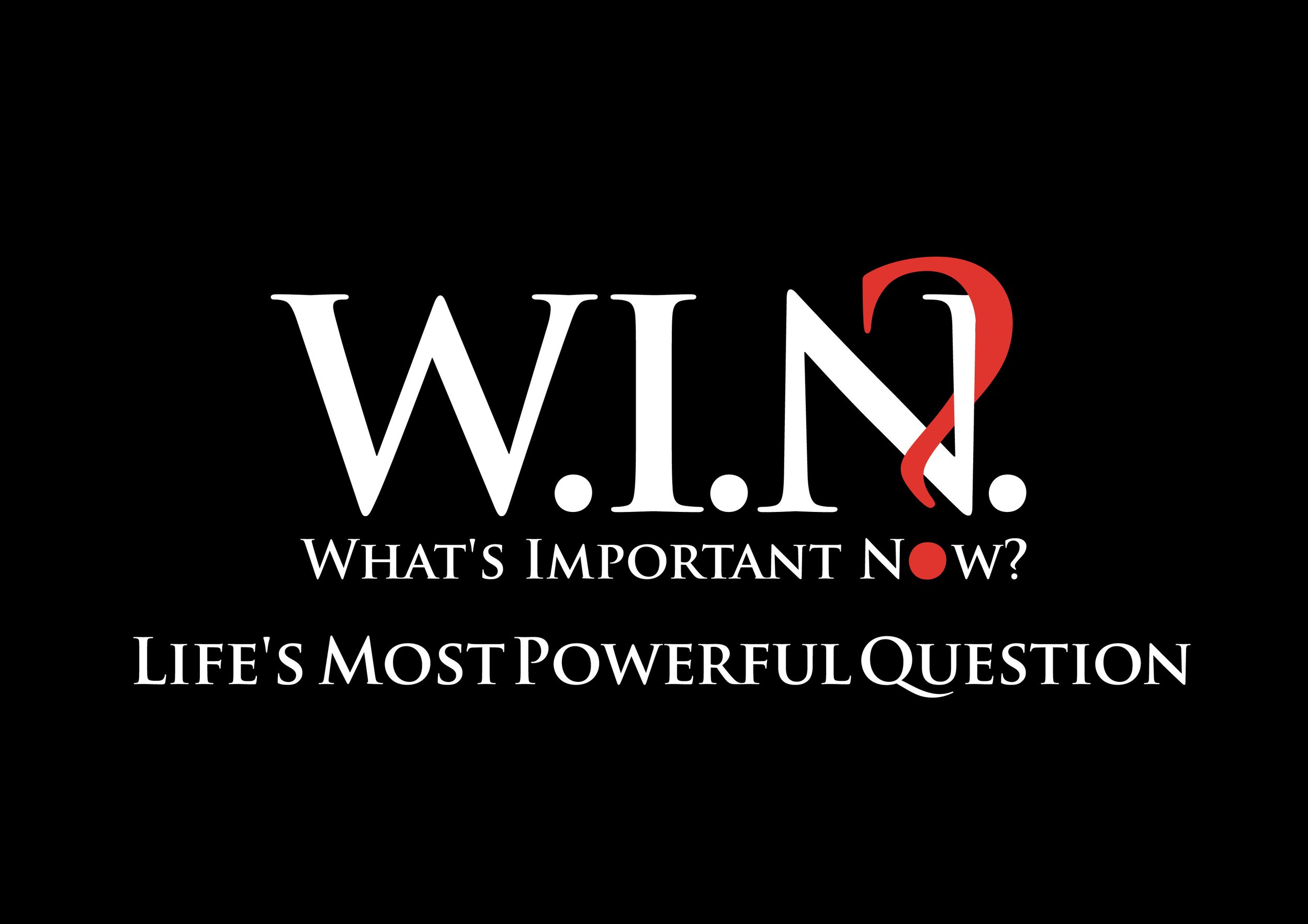n an Excellence in Training workshop I was facilitating at the recent NTOA conference in Milwaukee one of the participants, who is a regular reader of the W.I.N. Wednesday blog, asked, “How do I stick to a diet?” We discussed it briefly then he suggested I write a blog post on it. Understanding that I am not a psychologist or a nutritionist, here are some thoughts.
Words Have Power
Words have power so pay attention to the language you use.
First, drop the word diet. The word implies short term punishment and depriving yourself of the things you enjoy. The inference is that once the “diet” is over you can go back to eating the way you used to, which is problematic. Instead, think about developing a long-term nutritional strategy, a way of eating, a lifestyle that involves healthy eating, that works for you and is sustainable over time.
Change the phase “Have To” to “Get To”. I don’t have to eat healthy; I get to eat healthy. I don’t have to work out, I get to so I can be fit to be useful. I don’t have to read every day; I get to read every day to keep my mind active and continue to learn and grow. I choose to do all these activities to keep my mind and body healthy.
Shift your focus from “weight loss” to healthy behaviors and habits. Those behaviors and habits will help you to get to, and maintain, a healthy weight.
Create a New Identity
Create a new and meaningful identity that encompasses the habits and behaviors you are seeking to embrace. For me that identity includes, “I am someone who is committed to my health.” Make sure you have a strong personal ‘why’ behind the new identity. Personally, I am not interested in longevity and life span, I am interested in health span. I am not concerned with living to 100, but I do want to be healthy in the remaining years that I do live. That means adopting behaviors that support strength and mobility, prevent insulin resistance, which is linked to many of our health issues, and limit the potential for cognitive decline through lifestyle choices. The experts suggest that Type 2 Diabetes is completely preventable and completely reversable as it is a lifestyle disease. I have also heard several experts suggest that Alzheimer’s Disease (also referred to as Type 3 Diabetes) is predominantly a lifestyle disease and potentially 98% preventable.
Once you are clear on your new identity Act As If you are that person and change your self-talk to support the new identity.
Identify Supporting Behaviors
Part of the Act As If philosophy is creating a list of behaviors that support your new identity. A helpful exercise is to write the new identity at the top of a blank piece of paper and then draw a line down the middle of a piece of paper to create two columns. In the left-hand column make a list of “Like Me” behaviors that support your identity. On the right side make a list of “Not Like Me” behaviors that are contrary to the new identity.
As I mentioned a key element of the identity I have embraced is, “I am someone who is committed to my health.” This means I am committed to training my mind and body. I commit to training my mind by reading non-fiction books every day, continuing to teach, preparing for, and conducting interviews for The Excellence in Training Academy and listening to educational podcasts. I commit to training my body through resistance training at least 3 times a week, Zone 2 cardio training at least 3 times a week and maximizing my nutrition through the development of “healthy eating habits”.
You must sort through all the literature and rhetoric on nutrition and decide what “healthy eating” means for you. Personally, I follow the advice of Benjamin Bikman PhD, a professor at BYU and author of the book Why We Get Sick, which is on my recommended reading list. He advocates for following three basic principles:
Prioritize Protein
Control Carbs
Fill With Fat
That works for me. These are simple principles I find it easy to follow at home and on the road. This is important as I will spend about 32 weeks on the road in 2022. I also strive to eat within an 8-hour window every day. This allows me to have 16 hours each day where I am not ingesting calories and helps ensure I leave a minimum of 3 hours (usually 4 to 6 hours) between my last meal and when I go to bed.
Being committed to my health also means being anal about prioritizing my sleep. Chronic sleep debt and sleep deprivation have massive consequences for our physical health, brain health and mental health. Matthew Walker PhD, a professor at the University of California Berkley and author of Why We Sleep (also on the recommended reading list) says that sleep debt is the one debt that can never be repaid. When you are tired it is easier to blow off your workouts and make less desirable eating choices.
The behaviors that support the “like me” behavior of being anal about prioritizing my sleep include:
Consistently giving myself the opportunity for 8 hours of sleep. This usually means ensuring I am in bed for about 8 ½ hours.
Being consistent with the time I go to bed and the time I get up every day. I have established times that I can be consistent with both at home and on the road. I am able to accomplish this an average of 350 or more nights a year.
Leaving at least 3 hours between my last meal and the time I go to bed.
At home, and on the road on days when I am not teaching, I leave 8 to 10 hours between my last intake of caffeine and the time I go to bed. When I am teaching, I have a ritual of getting a venti dark roast coffee from Starbucks about 6:30 a.m. and making it last until I eat my last meal of the day around noon.
Limiting my alcohol consumption. I love a glass of red wine after my last meal of the day, but the science is clear that alcohol consumption disrupts sleep quality, especially REM sleep. Alcohol is a sedative and not a sleep aide.
Wearing a sleep mask 365 nights a year as it is hard for me to consistently get a completely dark room.
Sleeping in a cool room. This can be challenging at home and that is the reason I have a Chili Pad on my side of the bed so I can keep the bed cool.
I tape my mouth shut at night to force me to breathe through my nose. Hence the reason I shaved off my moustache and goatee in the spring of 2020.
I avoid bright light, especially bright overhead light, for the last 60 to 90 minutes before I go to bed and get as much bright light exposure as possible in the first two hours after getting up. Light is the primary regulator of our circadian rhythms.
Two Key Questions
Keep the questions “What’s Important Now?” and “Where might the smallest change make the biggest difference?” at the front of mind. What’s Important Now? will help you make decisions in the moment to keep you consistent with your identity and help you to make “like me” choices. It will also help you to get back on track when you make choices that “Are not like me.” The other question reminds you to start small and make small changes that give you the greatest return on the investment.
Make it easier for yourself.
Over the years I have developed strategies and systems to make it easier for me to be consistent with my “like me” behaviors, especially when I am on the road.
I travel with resistance bands so that regardless of the quality of the fitness room at the hotel, or the hours, I can always get in a quality workout in my hotel room.
At home we only have healthy food in the house. My wife does not follow the same eating strategies as I do, but she eats very healthy.
I only have healthy food in my hotel room. I travel with protein powder, healthy bars, and grass-fed beef sticks. When travelling I make a run to Walmart Supercenter the morning after arriving at my destination to get Wholly Avocado 100% Chunky Avocado Minis, cheese, apple cider vinegar, packages of wild caught salmon, spinach, and extra virgin olive oil. Depending on the breakfast situation at the hotel I may also get packages of hard-boiled eggs. If I have a kitchen in the hotel room with a two-burner stove, I will also get organic free-range eggs and grass-fed beef for my breakfasts.
I take a mid-morning snack and my lunch every day that I teach. It is easier to control what I eat and stay consistent with eating that is “like me”.
If I am eating in a restaurant, I will tell the server to skip the bread. I love bread and can easily eat an entire basket of warm bread, but it is “like me” to control cards, so I skip the bread.
I now only have a glass of wine when I go out to eat. I hate to open a bottle of good red wine, only have one glass, and let the rest go bad. So, instead of having the open bottle of wine calling my name every night, I only have a glass of wine when I go out to eat, which is only occasionally, even on the road.
Other Helpful Strategies
Be patient with yourself. Building new habits and behavior rituals takes time. Some days will be easier than others. Remember to Embrace the Struggle, Embrace the Suck, Look for the Learning, Look for the Good as you Dare to Be Great. When it comes to health and wellness think long term; think Infinite Game.
Allow yourself to be human and have some self-compassion. One bad meal is not going to kill you. One missed workout will not cause you to be unfit. Simply get back on track.
It is helpful to create systems, rituals, and habits around your “like me” behaviors. Rituals are non-negotiable, important to you, and built to support your identity. Ensure those rituals include rest and recovery. Read James Clear’s book Atomic Habits for ideas on building habits.
Get an accountability partner. I am not a fan of public pronouncement of our goals, but I am a fan of accountability partners to help keep you on track.
What’s Important Now? Start where you are at. Start now. Strive for small incremental daily improvements.
Take care.
Brian Willis
www.lifesmostpowerfulquestion.com.
ONE QUESTION BRINGING FOCUS AND CLARITY IN THE CHAOS AND COMPLEXITY OF TODAY'S WORLD.
If you found value in this post, please share this with your friends, family and co-workers.




















